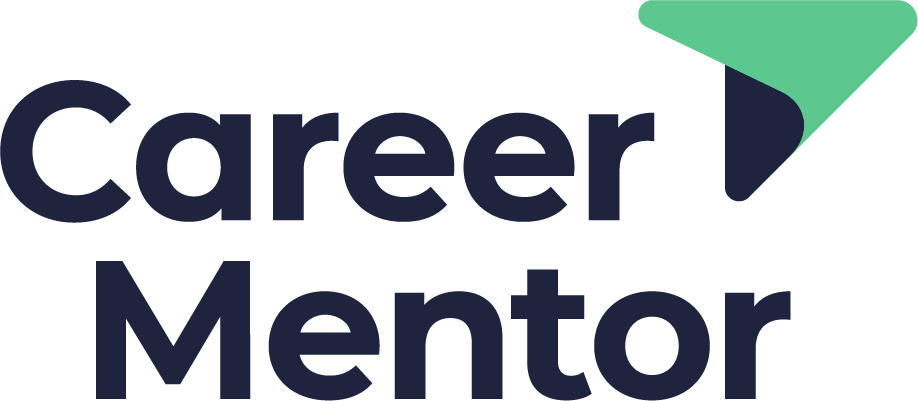Career visibility: prepare for the worst, hope for the best
If you’re actively looking for your next career opportunity or are concerned that your job could be ‘put at risk’ in a difficult market, then it’s really important to have visibility. In fact, I’d go one step further: if you’re simply not getting interviews, then a key missing component is most likely your visibility. Let’s look at this more closely and discover some ways to fix that.
What does ‘Career Visibility’ mean?
It means that you’re well connected and people know, like and trust you. It also means that you‘re findable so that when people need to make a hire - either other firms looking to hire or from within your current firm - you’re easy to find.
So, how can you achieve that?
Have your network contacts listed somewhere and ensure that you serve them, regularly and genuinely. Find ways to help and add value to them. This may be as simple as reaching out and asking how they’re doing, introducing them to useful contacts, or reaching out and offering help if you see that they might need it. Do this proactively and consistently, and not just when you want something - otherwise, if you haven’t established a real relationship with them, there might be little or no good will between you. The no.1 rule is to serve your network without expecting anything in return.
Build relationships with head hunters and recruiters who are super professional and really know their craft. They should be well connected with the senior leadership at the firms that might be future employers, and know what’s going on in terms of hiring, firing, comp, etc. Another thing to note is that they should always respond to your communication and not ‘ghost’ you -ever.
Have a LinkedIn profile that’s optimised in a way that the algorithms will return you at the top of a list when hiring managers and recruiters are looking for people with your offering. Getting your keywords right is essential, as is your behaviour on the platform.
Other activities. Taking part in activities that are not necessarily core to your role is key - this can include committees or any internal initiatives that allow you to meet people outside your normal area of operation. Equally, attending industry conferences and events will give you the opportunity to meet and develop relationships with new people.
Why does all this matter?
Richard N, Bolles, the author ‘What Color Is Your Parachute? ‘, a book about job search that’s been constantly updated over the last 50 years, says that you’re most likely to get your next job from people who you already know. To this we could add - or who know of you. Does it not make sense to have this aspect of your career handled? If the worst happens and you’re let go, you won’t be invisible, on the back foot and frantically reaching out to anyone you can think of, many of whom may not have heard from you for quite some time.
Furthermore, it would be great if, from time to time, either a recruiter or a senior manager contacted you to suggest that you might be right for a relevant role, inviting you to have a conversation about it.
Other than having a good feeling that comes with being somewhat in demand, you’ll also have the sense that you’re not in some way ‘stuck’ where you are, but instead you may have a sense of mobility and agility in the job market. You may choose not to exercise that but it’s good to have that option.
Building a professional career brand
So what messaging should you have? At the very mention of the word brand, I feel a collective shudder from everyone reading this. But like it or not, we all have a Professional Career Brand and we can either take charge and shape the messaging, or just allow it to evolve in whatever way it does. In my view, it should contain three core elements in the context of your career:
Who you are
The problems you solve
What value you bring to the role and to the market more broadly
Working on the answers to those three elements is the first step in getting career visibility and, if you’re in a job search, getting interviews.
Striking the balance
So, there’s clearly a balance to be found in this aspect of mastering your career. First, for all the reasons already discussed, it’s important to be visible and with a clear branding. However, we absolutely do not want to be seen as someone who is spending too much time and effort in self-promotion. For many people, that comes across poorly and in fact may well have a negative effect. The goal, therefore, is simply to ensure that you’re doing the basics well and consistently through time.
Time is a second consideration here, especially as for financial services professionals in particular it’s a very precious resource. There are many more important things to be getting on with than spending too much time on lifting your profile and marketing yourself. So, perhaps the policy should be to do little and often, and trust that those efforts will compound and have the impact that your career visibility needs.
I hope you’ve found this useful and can see why it will pay dividends to get this aspect handled. If you feel like you’d benefit from a 15-minute, no-strings-attached conversation on how to effectively build your professional brand, click here to schedule a call.
